How Can I Get a Pet Raccoon? | Legal, Care, and Ownership Tips
Introduction
Raccoons, with their playful personalities and distinct appearance, have piqued the interest of many animal lovers. However, before jumping into getting one as a pet, there are several factors to consider.
Raccoons are wild animals and owning one can be quite different from keeping a typical domestic pet. So, how can you get a pet raccoon? This article will guide you through the legalities, responsibilities, and key considerations before welcoming a raccoon into your home.
Legal Considerations for Owning a Pet Raccoon
Before asking yourself, “How can I get a pet raccoon?” the first step is understanding the legal framework around raccoon ownership. Many states and localities have strict laws that either prohibit or regulate exotic pets, including raccoons.
Some places require special permits, while others have outright bans on keeping raccoons. You must research your state’s wildlife regulations and obtain the necessary permits if required.
The consequences of illegal pet ownership can range from hefty fines to having the animal confiscated, so it’s critical to ensure compliance with the law.
Tips:
- Always verify local rules regarding pets and wildlife.
- Reach out to local authorities or animal control for guidance on raccoon ownership.
Is Raccoon the Right Pet for You?
Raccoons may seem adorable, but they are not like typical pets such as dogs or cats. They have specific needs and a wild temperament that might not suit every household.
Before figuring out how can I get a pet raccoon?, you need to evaluate if you can meet the demands of this unique pet.
Raccoon Temperament and Behavior:
- Raccoons are intelligent, inquisitive, and mischievous animals.
- They can be destructive if bored or left unsupervised, so they need constant stimulation.
Challenges of Owning a Raccoon:
- They tend to bite, scratch, and engage in behaviors that might not be ideal for families with young children.
- Raccoons are nocturnal, so their activity levels may disrupt your home’s schedule.
Before diving into the process of acquiring a raccoon, ask yourself if you’re ready for the lifelong commitment of caring for a wild animal.
Where to Get a Pet Raccoon
Once you have determined that a raccoon is the right pet for you and ensured that it is legal to own one in your area, the next question is, “How can I get a pet raccoon?”
The safest and most ethical way how can I get a pet raccoon?, is through licensed breeders or rescue organizations. These organizations ensure that the raccoons are bred legally, with proper care, and are well-socialized before being placed in a new home.
Avoiding Illegal Sources:
- It is crucial to avoid getting a raccoon through illegal sources or black-market pet sellers. Raccoons obtained this way may be poorly treated or come with unknown health issues.
- Always verify that the breeder or rescue organization follows the legal requirements for exotic animals in your region.
Preparing Your Home for a Pet Raccoon
Once you’ve figured out how to get a pet raccoon?, the next step is ensuring your home is raccoon-proofed and ready for its new inhabitant. Raccoons are notorious for getting into everything—they can open doors, cabinets, and even find their way into garbage cans.
Setting Up the Right Environment:
- Invest in a sturdy, secure enclosure to keep your raccoon safe when you’re not home.
- Ensure there’s plenty of stimulation for your raccoon, including climbing spaces, toys, and interactive feeding puzzles to keep them mentally engaged.
Raccoon-Proofing:
Secure all cabinets, wires, and household items that a raccoon could access. Raccoons are curious and will explore every nook and cranny in your home.
Feeding and Nutrition
Another important aspect to consider when thinking about “How can I get a pet raccoon?” is their diet. Raccoons have a varied diet in the wild, and replicating this in captivity is important to keep them healthy.
What Raccoons Eat in Captivity:
- Since raccoons are omnivores, they consume both plants and animals. A balanced diet for a pet raccoon includes fruits, vegetables, and high-quality protein sources like chicken or fish.
- Avoid feeding raccoons human junk food or processed items, as this can lead to obesity and health problems.
Common Dietary Mistakes:
Overfeeding is common with pet raccoons. Always monitor their portion sizes to prevent weight gain.
Health Care and Vet Visits
Make sure you’re prepared for the financial commitment of veterinary care before deciding, “How can I get a pet raccoon?” It’s critical to locate a veterinarian with experience handling raccoons because exotic animals frequently need specialized care.
Additionally, be sure to research vaccines and common treatments for raccoons to prevent diseases.
Vaccinations and Preventive Care:
- Like dogs and cats, raccoons need routine vaccinations to protect them from illnesses such as rabies and distemper.
- Regular check-ups help catch any potential health issues early and keep your pet in top condition.
Training and Socializing a Pet Raccoon
Training a raccoon can be challenging but necessary, especially when considering their natural wild tendencies. While raccoons are intelligent animals and can be trained to some extent, their wild instincts often make them difficult to handle.
Training Tips for Raccoons:
- Positive reinforcement works best with raccoons. Rewarding good behavior with treats is an effective way to encourage cooperation.
- Socialize your raccoon from a young age to get them accustomed to human interaction. This is important for minimizing aggressive tendencies as they grow.
However, it’s important to remember that despite your best efforts, a raccoon will never be fully domesticated, and you must always be cautious when interacting with them.
The Lifespan of a Pet Raccoon
Raccoons in captivity typically live longer than their wild counterparts, sometimes reaching up to 20 years. Before asking “How can I get a pet raccoon?”, consider whether you’re prepared for the long-term commitment.
Long-Term Care:
- Raccoons require consistent care throughout their lives, and their needs may change as they age.
- Ensure that you can provide the time, energy, and resources required for their care over the next two decades.
Ethical Considerations of Owning a Raccoon
While it’s tempting to want a raccoon as a pet, there are ethical considerations to take into account. Raccoons are wild animals, and keeping them as pets can have consequences for their well-being.
Pros and Cons of Owning a Raccoon:
- Pros: Owning a raccoon can be rewarding if you’re dedicated to meeting their needs, and their playful nature can bring joy to your household.
- Cons: Raccoons are wild animals at heart and may not adapt well to domestic life. Ethical concerns also arise when taking a wild animal out of its natural habitat.
Conclusion
So, how can you get a pet raccoon? The journey begins with understanding the legal, ethical, and practical responsibilities of raccoon ownership. From securing permits to ensuring your home is raccoon-friendly, there are several steps to take before welcoming a raccoon into your life.
While raccoons can be fun and engaging pets, they require constant care, attention, and specialized treatment. If you’re ready to commit to the challenge, you can enjoy the unique experience of having a raccoon as a pet. Always prioritize the raccoon’s health and happiness, and you’ll be well on your way to creating a bond with this fascinating creature.
Reference


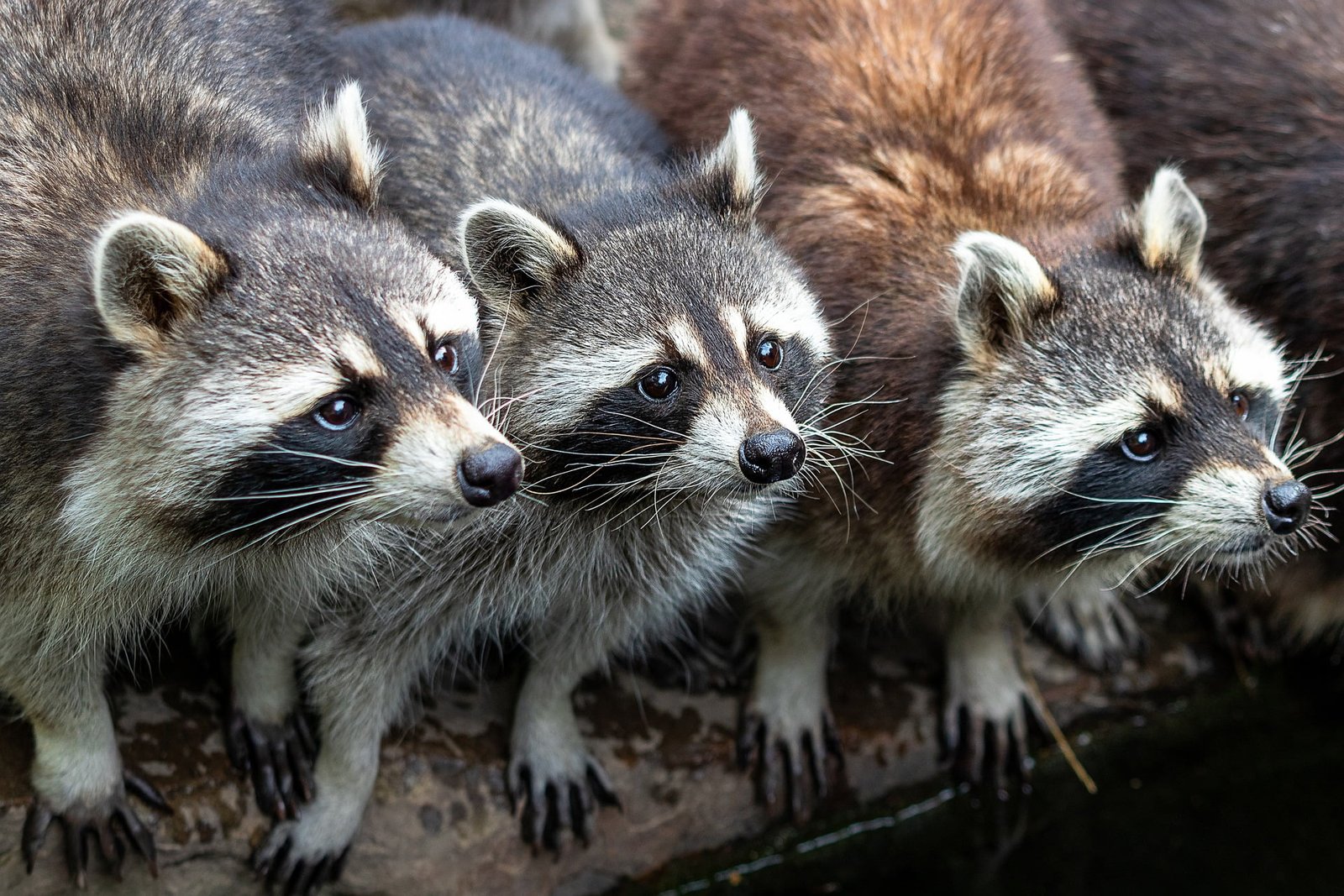
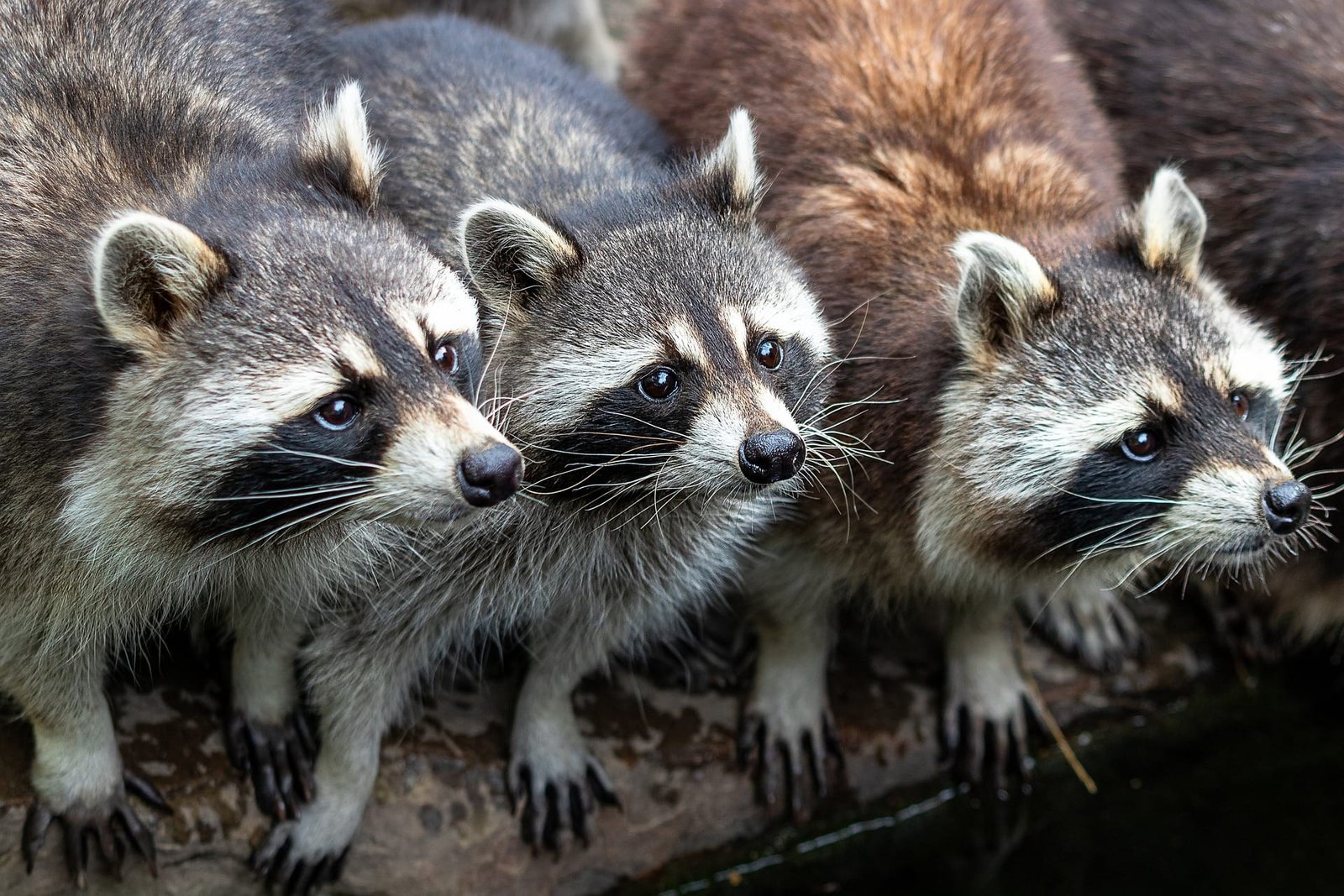
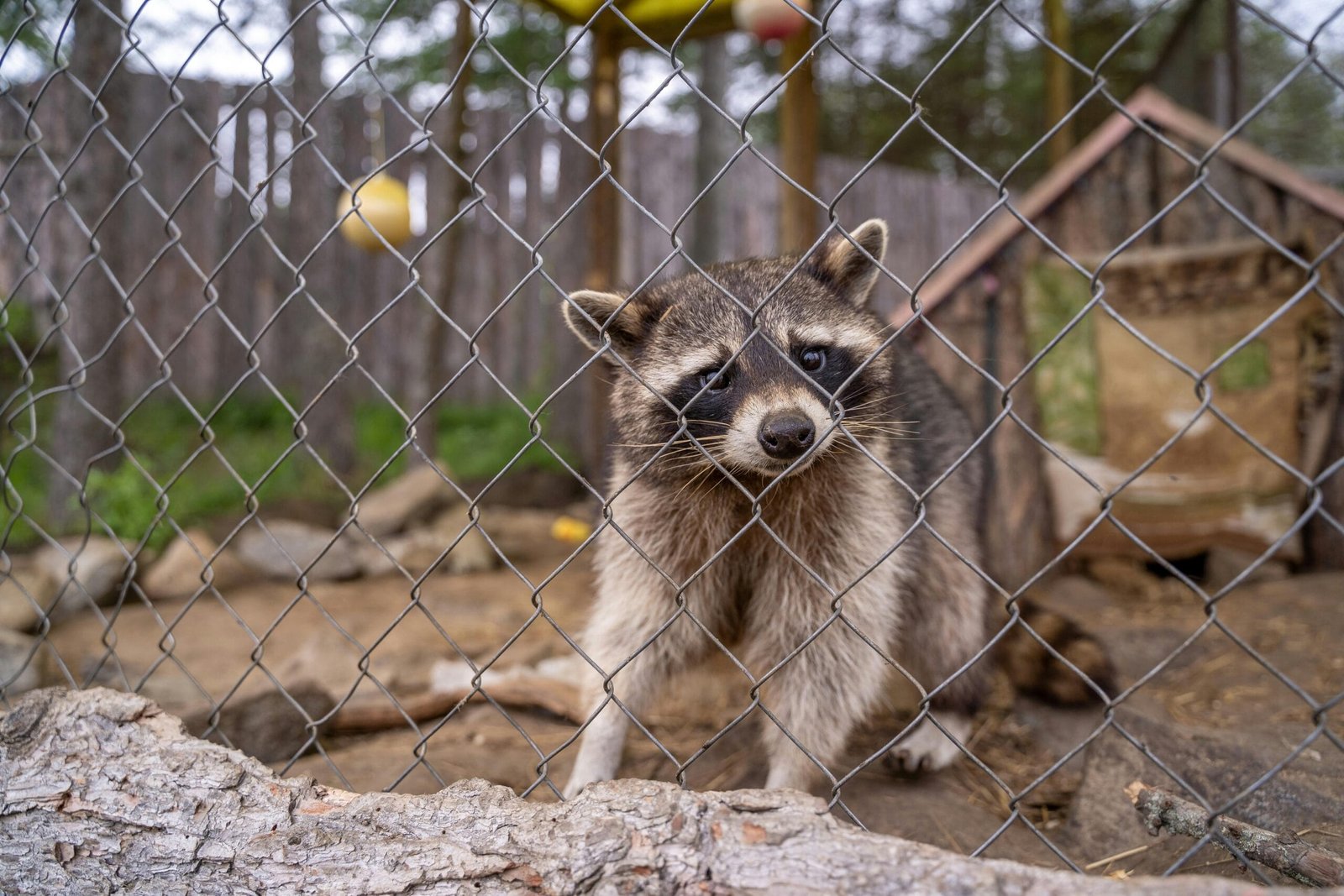
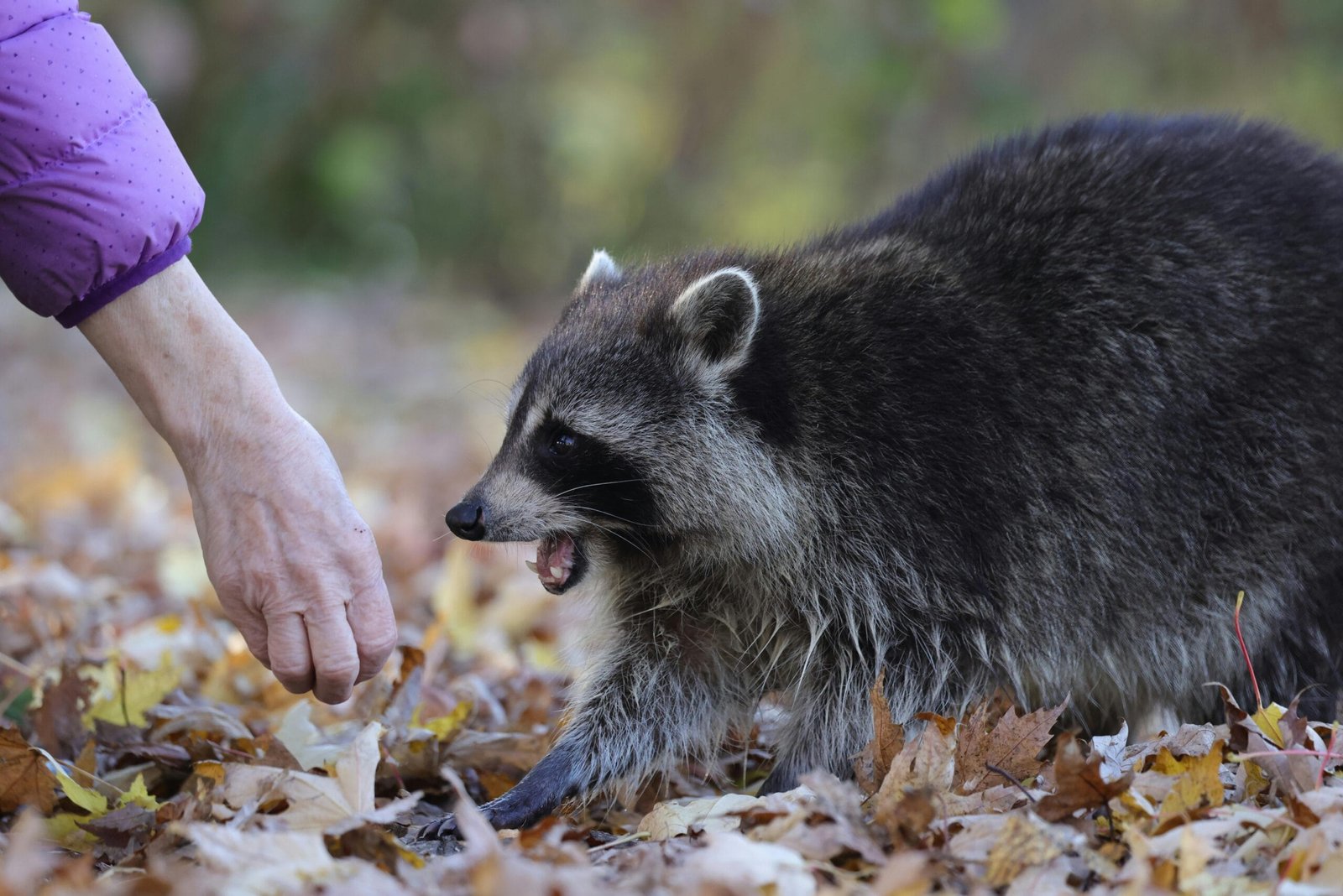
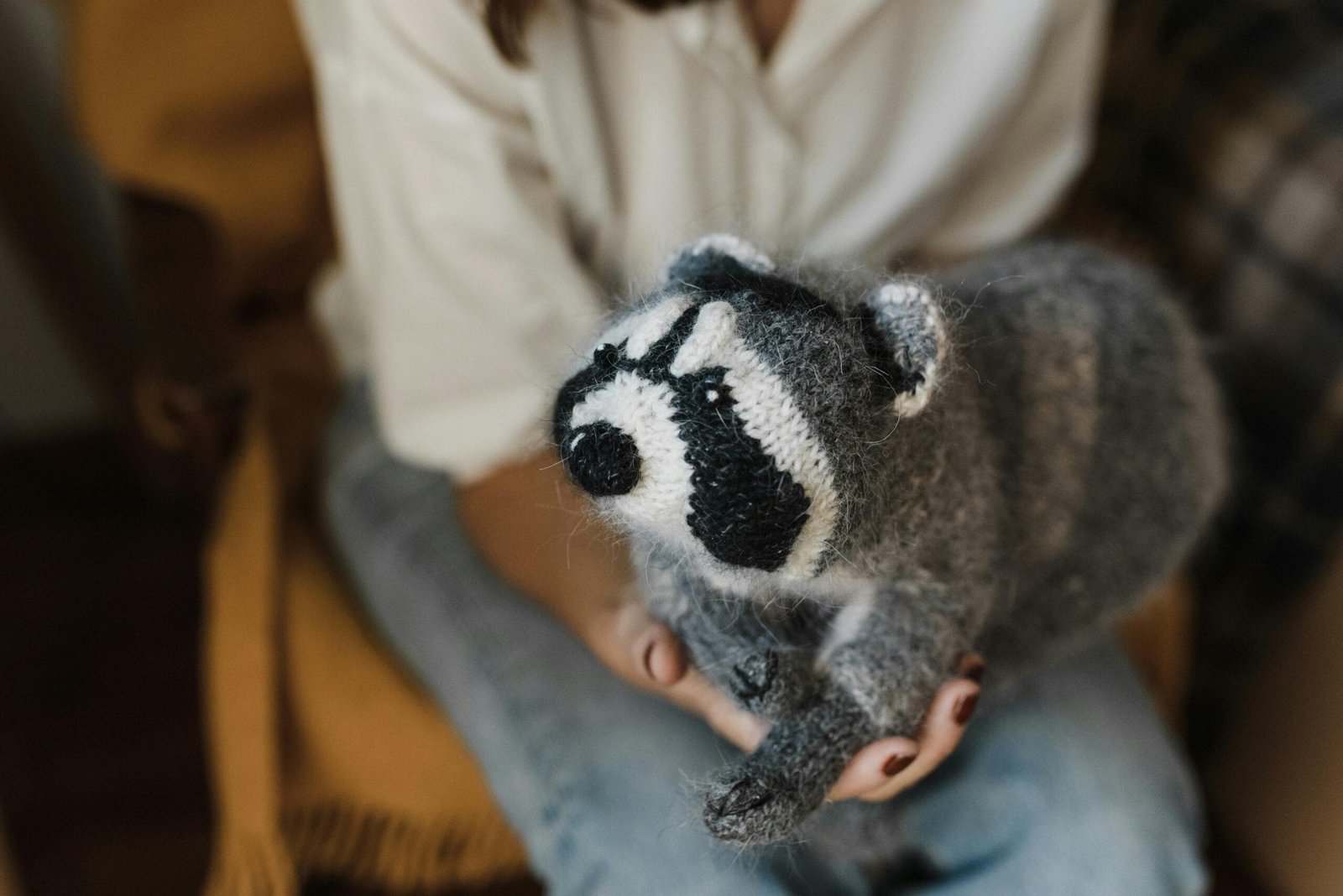
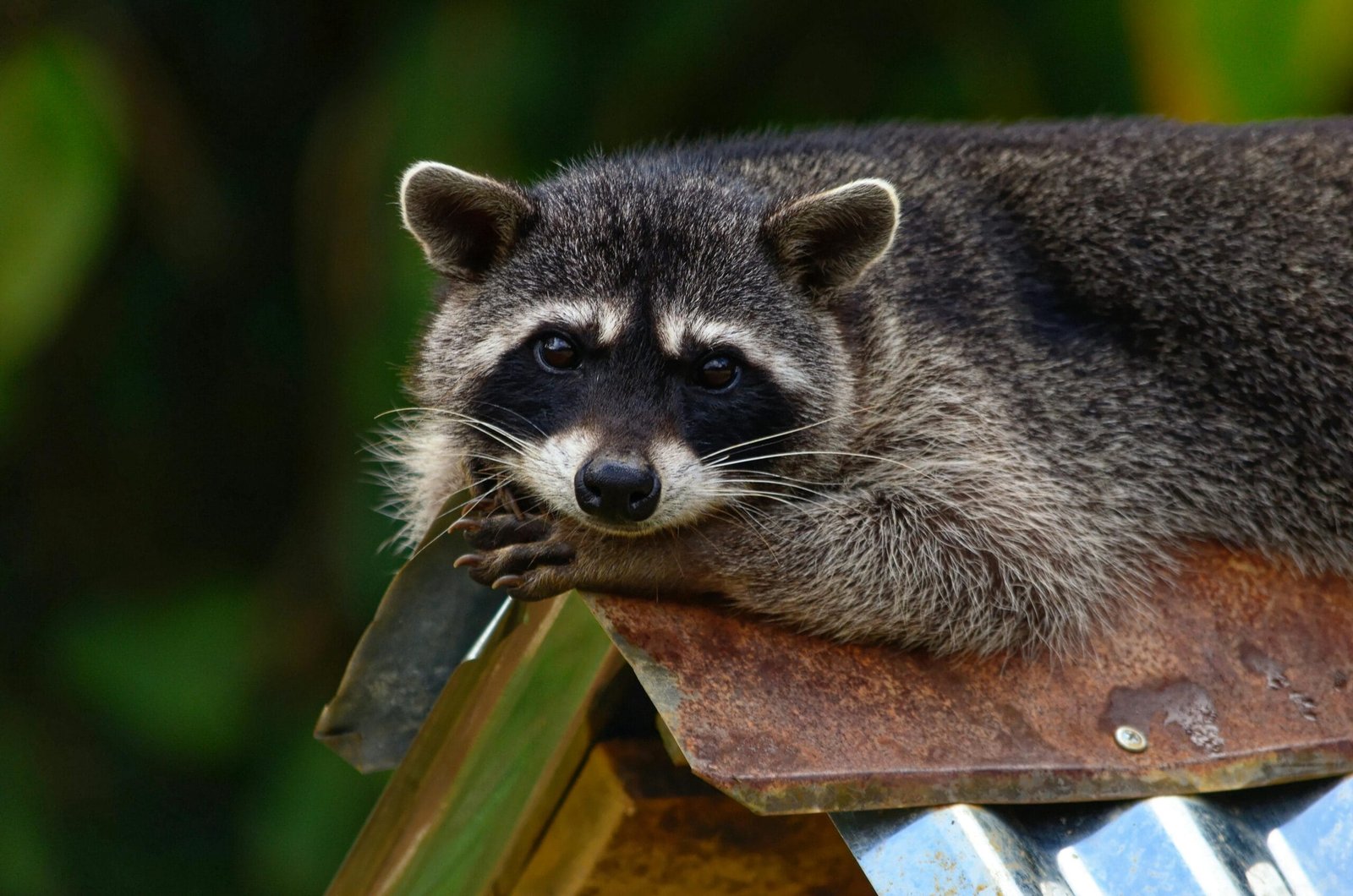
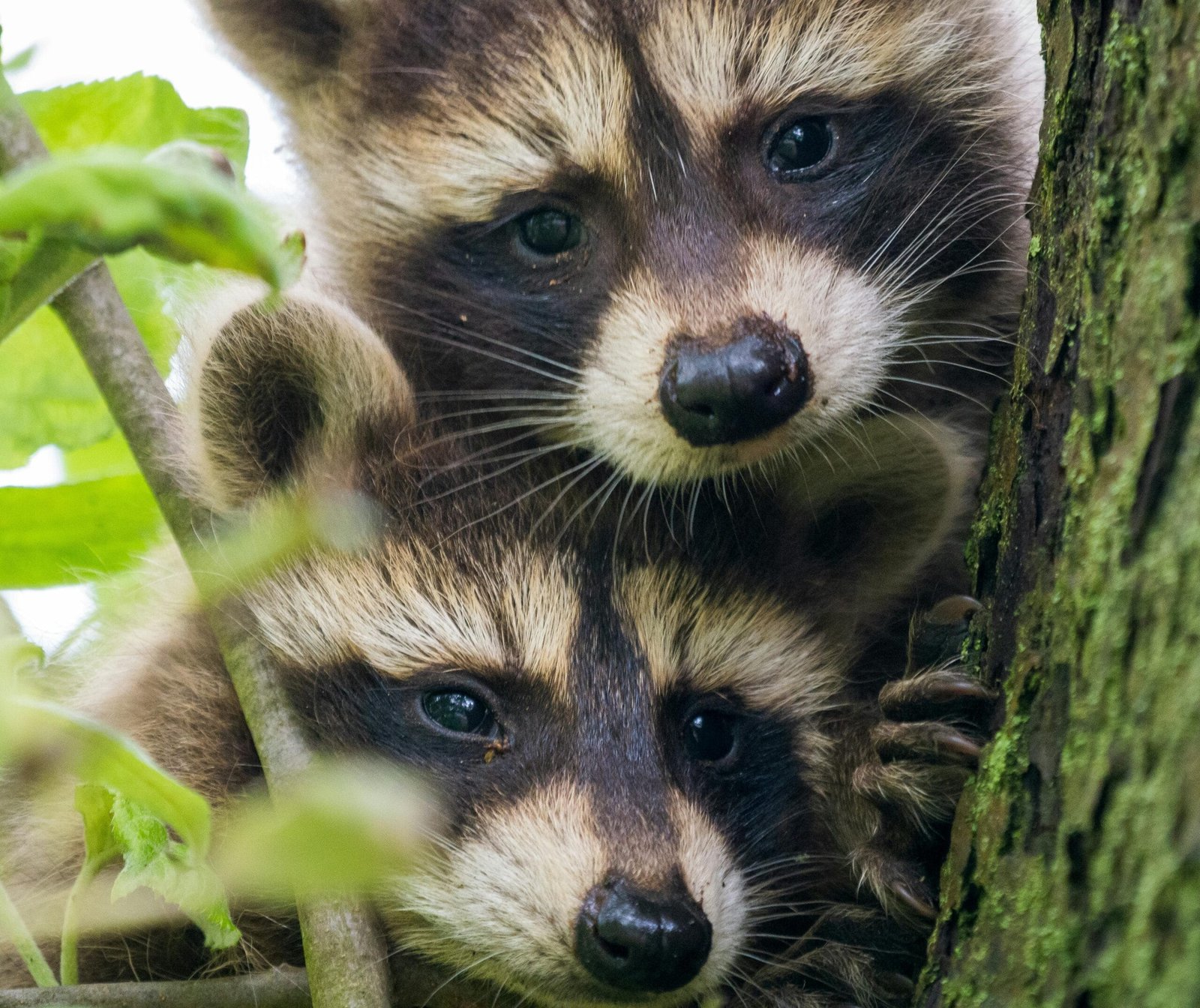
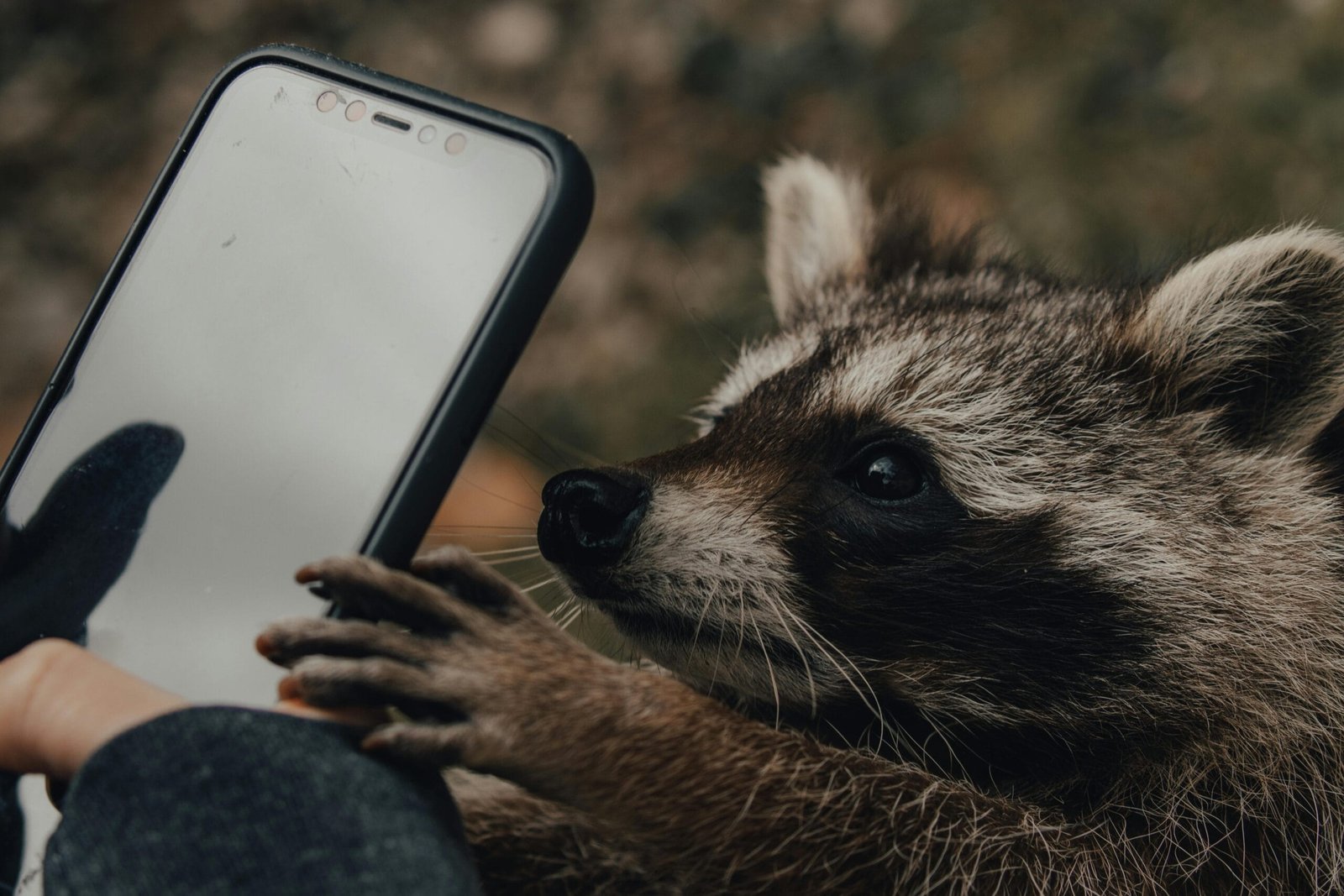
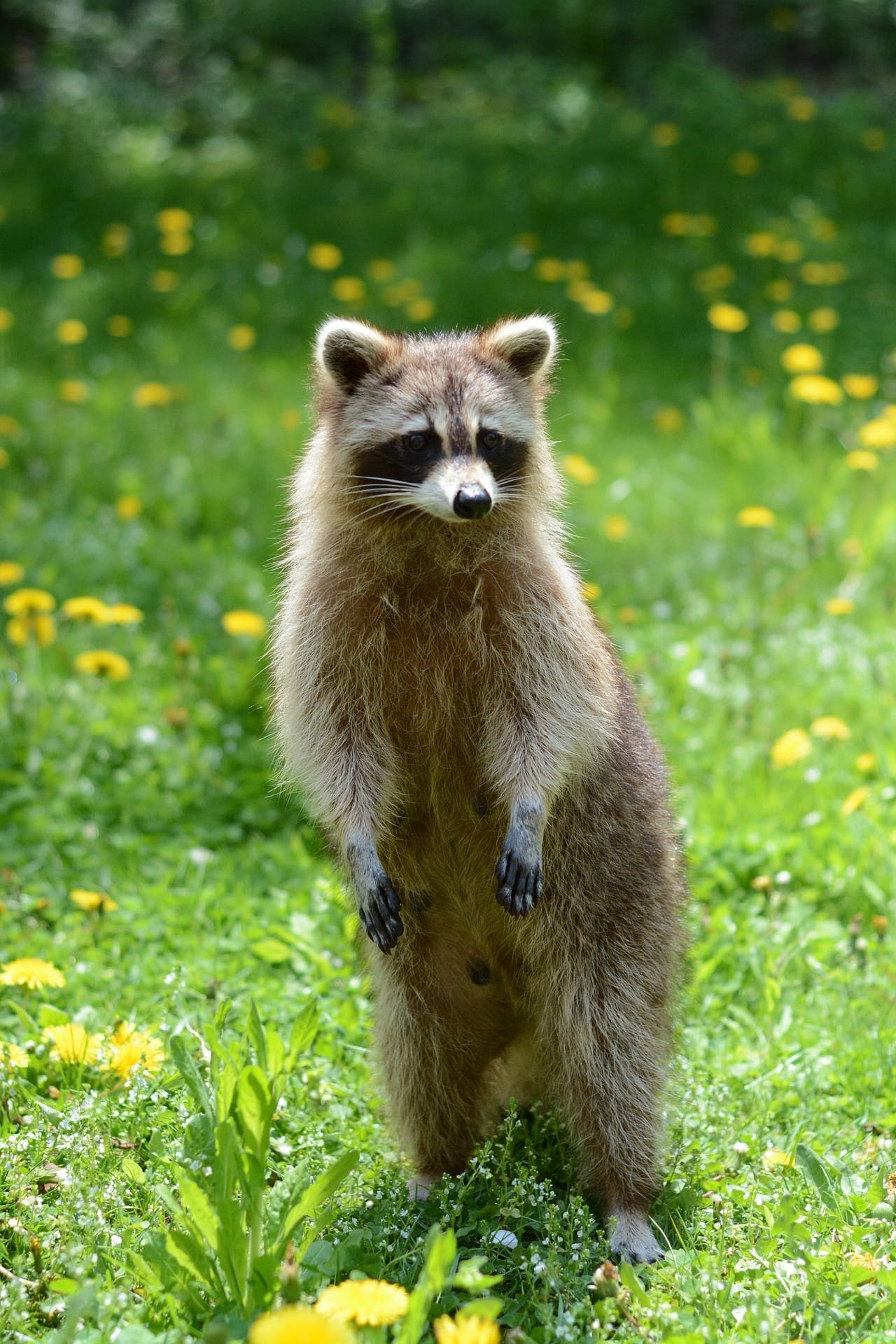
Real Estate naturally like your web site however you need to take a look at the spelling on several of your posts. A number of them are rife with spelling problems and I find it very bothersome to tell the truth on the other hand I will surely come again again.